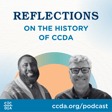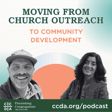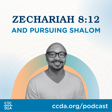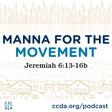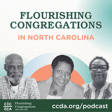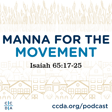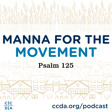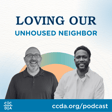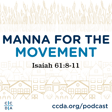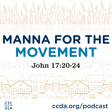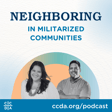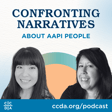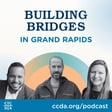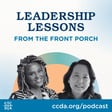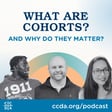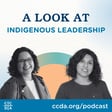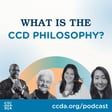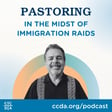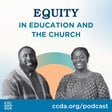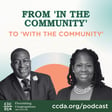
Being Present in Hawaii
Darryl Answer is joined by Eun Strawser, the co-vocational lead pastor of Ma Ke Alo o (which means “Presence” in Hawaiian), non-denominational missional communities multiplying in Honolulu, Hawaii. They discuss the importance of being present in the community and being rooted in a place. Eun also shares about the recovery efforts on the island, three years after the Lāhainā fires.
Learn more about the CCDA Conference and make plans to join us at ccda.org/conference. And discover ways to connect with like-minded people through CCDA’s local and affinity networks at ccda.org/connect.
Eun K. Strawser is the co-vocational lead pastor of Ma Ke Alo o (which means “Presence” in Hawaiian), non-denominational missional communities multiplying in Honolulu, Hawaii, a community physician at Ke Ola Pono, and an executive board member of the Christian Community Development Association (CCDA) with twenty years in both local and trans-local church planting work at executive levels. Prior to transitioning to Hawaii, she served as adjunct professor of medicine at the Philadelphia College of Medicine and of African Studies at her alma mater, the University of Pennsylvania (where she and her husband served with InterVarsity Christian Fellowship) after finishing her Fulbright Scholarship at the University of Dar es Salaam. She is the author of Centering Discipleship: A Pathway for Multiplying Spectators into Mature Disciples (IVP) and You Were Never Meant to Lead Alone: The Power of Sharing Leadership (IVP). She and Steve have three, seriously, amazing children. Rev. Dr. Strawser has nearly two decades of experience in centering discipleship and making mature missional disciples. She has developed a lay counseling curriculum, discipleship pathways for children’s ministries, and discipleship pathways utilized both in established church and church-planting contexts. While her heart is in locally-rooted kingdom work, she also consults and coaches pastors, planters, and marketplace/community leaders worldwide in developing discipleship pathways and structuring their context to center discipleship. Ma Ke Alo o is also part of CCDA’s Flourishing Congregations Initiative.
Darryl was born in London, England. He is currently co-pastor of New Community Church, and founder of Verge Solutions. Through Verge Solutions, he provides consulting, training, and facilitation for organizations and communities in the areas of entrepreneurial mindset (ELI), and community development through an Asset-Based lens. In addition to serving in a consulting role, Darryl works in neighborhoods as a mobilizer and connector of residents and institutions around their shared vision of power, healing, and abundance. Darryl is a coach for CCDA’s Flourishing Congregations Initiative.
Connect with CCDA on Instagram, Twitter, Facebook, and LinkedIn. Follow CCDA on YouTube.
